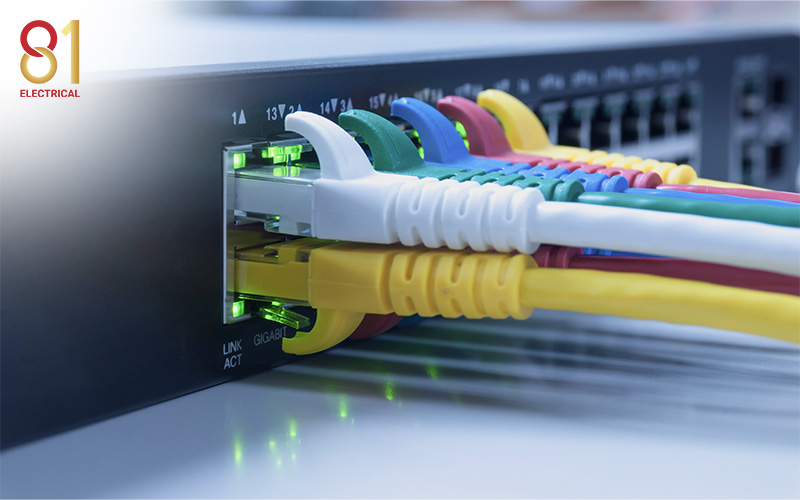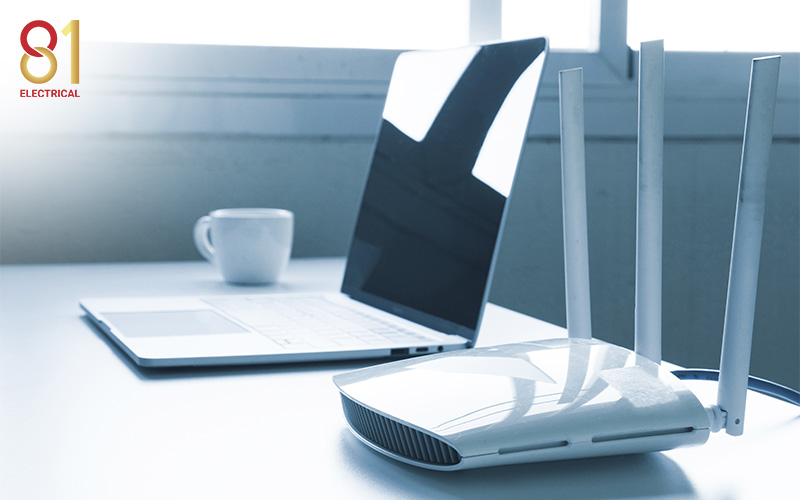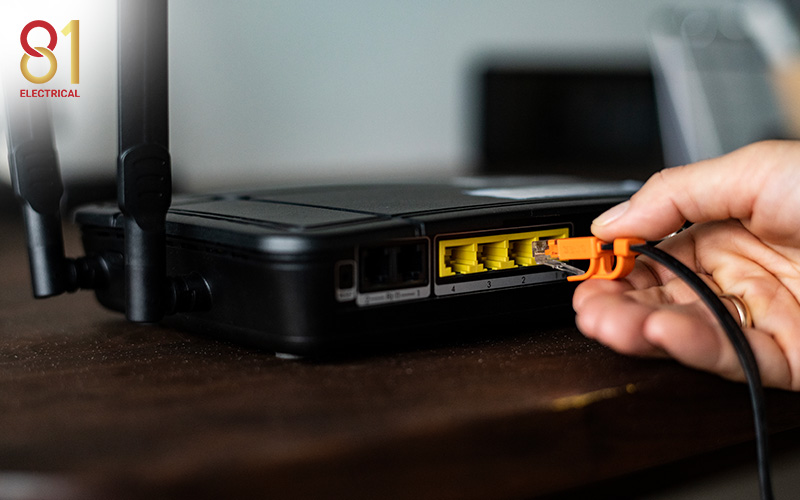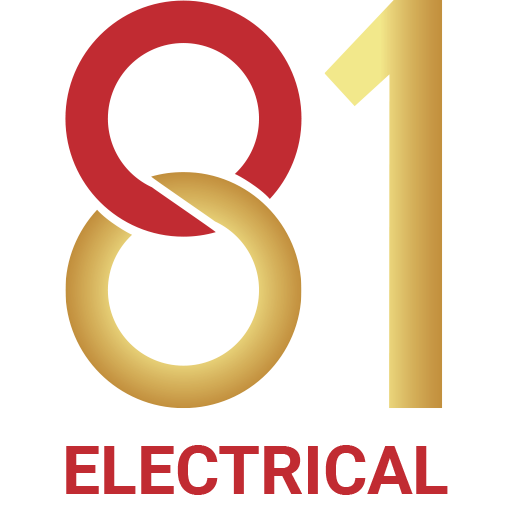Ethernet vs. Wi-Fi: Which Is Better for Your Home or Office Network in Singapore?
Key Takeaways
- Ethernet connections provide faster and more stable internet performance for heavy data tasks.
- Wireless networks offer greater flexibility for device placement and mobility.
- Security levels vary, with wired setups generally offering more control.
When you are setting up a network at home or in your office, choosing between Ethernet and Wi-Fi can feel like deciding between speed and convenience. In Singapore, where high-speed broadband is widely available, the decision often depends on your specific needs, the layout of your space, and how you plan to use your devices. Both have clear strengths, and in many cases, the ideal solution involves using a mix of both. Here are several key factors to consider when choosing the ideal setup for your network installation in Singapore.
1. Speed and Stability: Ethernet Wins

If your priority is maximum speed and consistency, a wired network connection is hard to beat. Ethernet can support speeds of 1 Gbps or more, which is ideal for demanding activities such as 4K streaming, online gaming, or transferring large files. Because the connection is direct, you are less likely to experience lag, buffering, or signal dropouts.
In contrast, Wi-Fi is more vulnerable to interference. Thick concrete walls, household appliances, or even neighbouring networks can weaken the signal. This can result in reduced speeds, especially in older buildings with complex layouts, a common scenario in some HDB flats and commercial units in Singapore.
2. Convenience and Flexibility: Wi-Fi Takes the Lead

Where Ethernet and Wi-Fi differ most is in flexibility. A wireless connection allows you to move freely around your home or office without worrying about cables. This is particularly useful in open-plan homes, shared offices, or when you are hot-desking. Mobile devices, tablets, and smart home gadgets all benefit from the freedom of wireless connectivity.
For larger spaces, a mesh Wi-Fi system can help maintain strong coverage in every corner. By placing multiple nodes around the property, you can maintain a seamless connection without dead spots, which is especially beneficial in multi-storey homes or larger commercial premises.
3. Security: Ethernet Offers Better Control
Security is another factor to weigh up when choosing between Ethernet and Wi-Fi. A wired network connection like Ethernet is generally more secure because data travels through a physical cable, making it less accessible to hackers. This can be an important consideration for offices handling sensitive data.
While Wi-Fi security has improved with encryption standards like WPA3, wireless signals are still more exposed to cyber threats. In busy shared office environments or public-facing businesses, the risks are higher. If you rely heavily on Wi-Fi, ensure that your passwords are strong and your network is encrypted.
4. Installation: Wi-Fi Is Simpler, Ethernet Needs Planning

From a setup perspective, Wi-Fi is quicker and easier to install. You simply connect your router, and you are ready to go. For larger properties, adding a mesh Wi-Fi system can be done without major structural changes.
Ethernet, however, requires more planning. You will need to run cables through walls, install ports, and possibly carry out trunking work. This is where engaging a reliable electrician or commercial electrical contractor could prove extremely helpful, especially if you need office electrical wiring done neatly and safely. In Singapore, professional network installation services can help ensure compliance with building regulations and deliver a tidy and professional finish.
Best Practice: Use a Hybrid Approach

For many homes and offices in Singapore, the best solution is to combine both Ethernet and Wi-Fi. A hybrid setup allows you to enjoy the speed and reliability of a wired network connection for stationary devices like desktop computers, workstations, or smart TVs, while using Wi-Fi for mobile devices and less data-heavy tasks.
This approach also offers a degree of redundancy. If your Wi-Fi encounters issues, your wired connections can still keep essential devices online, reducing downtime in both home and business environments.
The choice between Ethernet and Wi-Fi ultimately depends on your priorities. If speed, stability, and security are essential, then Ethernet has the advantage. However, if flexibility, mobility, and ease of installation matter more, Wi-Fi is the way forward. In many cases, using both together offers the best balance for performance and convenience. Either way, it is always advisable to hire a professional to ensure that your network is professionally set up and working as intended. This is where engaging a reliable electrician could come in handy.
Here at 81 Electrical, we specialise in a wide range of electrical services, including network installation and office electrical wiring. From home to commercial setups, our team is committed to helping you install a system that suits your needs today and in the future.
To find out more about our services and how we can support you, please contact us today.
